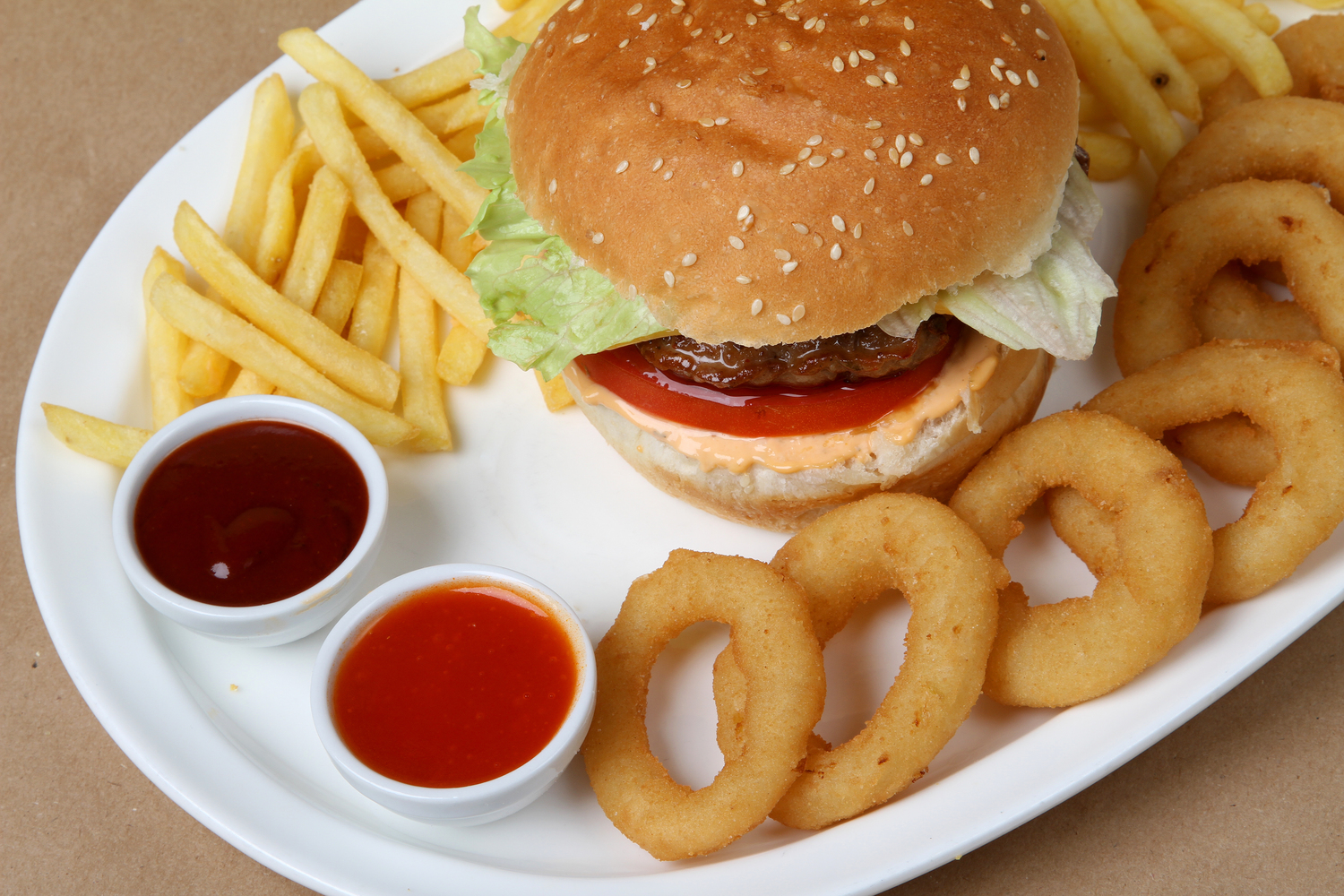
The 4 Worst Foods For High Cholesterol
High cholesterol means that there are an increased and unhealthy amount of cholesterol in the blood. This condition has been known to limit and restrict blood flow and increase the risk of having a heart attack or stroke. Luckily, a simple blood test can detect high cholesterol since it has no symptoms. Treatment includes exercise and a healthy diet.
There are 2 types of cholesterol: LDL “bad cholesterol” or low-density lipoprotein; and HDL “good cholesterols, or high-density lipoprotein. LDL is known as “bad cholesterol” since it transports cholesterol to the arteries and collect in the walls of the arteries if it reaches excessive amounts. Below are the foods to avoid if you have been diagnosed with high LDL cholesterol:
1. Lamb, beef and pork
The average American consumes approximately 100 – 150 grams of red and white meat or fish every day. Meat is a very important protein source but with the increase in consumption of meat is the increase in cardiovascular disease and other associated health problems. This is because of the amount of saturated fat in the meat, found more in red than white meat. Saturated fat is well known to be linked with risk factors of cardiovascular disease such as high blood pressure and high blood pressure. Saturated fat in meat is mostly in the visible fat found within the meat. Visible fat in meat is associated with increased LDL levels. This is why it is preferable to consume lean meats such as fish and chicken as opposed to red meat and pork.
2. Lard and shortening
Lard and butter have basically the same amounts of cholesterol whereas lard has about half as much saturated fat as butter. It does have approximately double the amount of saturated fat that is found in olive oil. The problem with this is that saturated fat causes LDLs (the bad cholesterol) to increase and lowers HDLs (the good cholesterol). Shortening is a kind of fat that is used in baking and cooking and it is most often made from hydrogenated vegetable oil. Shortening has seen limited use in American kitchens in recent years because it has a high trans fat content. Shortening is basically fat stored at room temperature. Because of this, shortening is well known – just like lard – to raise LDLs and lower HDLs. It should be avoided by people with high cholesterol.
3. Fried and fast foods
Fast food and fried foods are known to be major risk factors for any number of chronic diseases including obesity, diabetes and heart disease. People who frequently eat fast food most often tend to have higher levels of cholesterol, a higher amount of belly fat, increased inflammation levels and realize decreased blood sugar production. The remedy here is to eat less processed foods and eat more at home. This will reduce body weight and reduce the risk of heart disease.
4. Whole fat dairy products
Eating dairy products made from whole-fat can lead to many unwanted health effects, mainly the increase of LDL cholesterol levels. These foods are high in saturated fats and cholesterol. Replacing them with lower fat options that are healthier is the remedy to bring down LDL levels and increase HDL levels.


